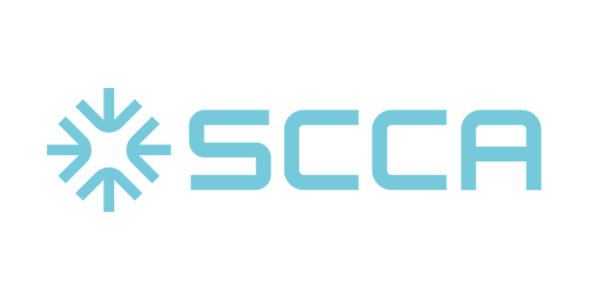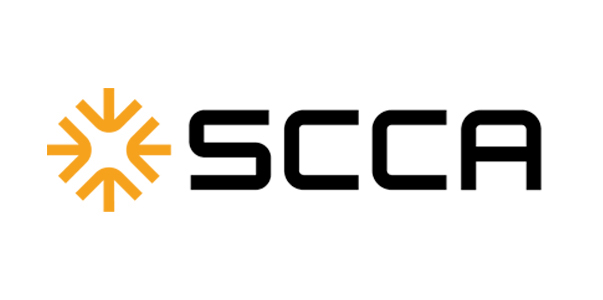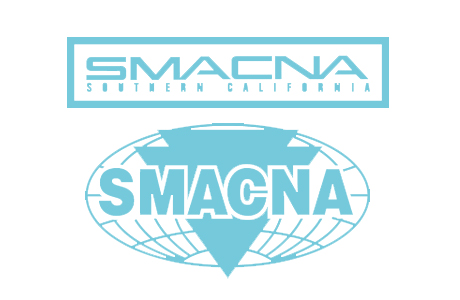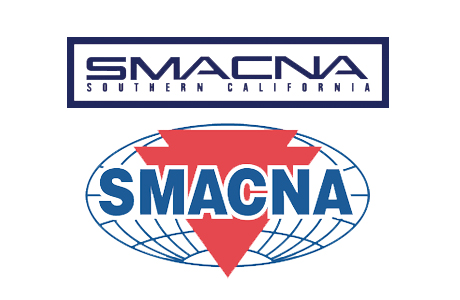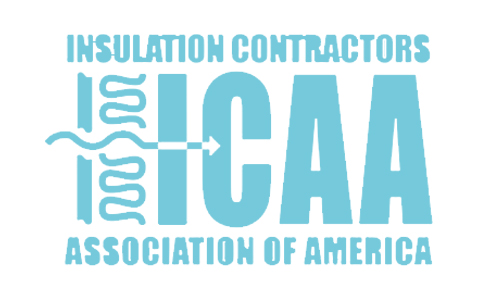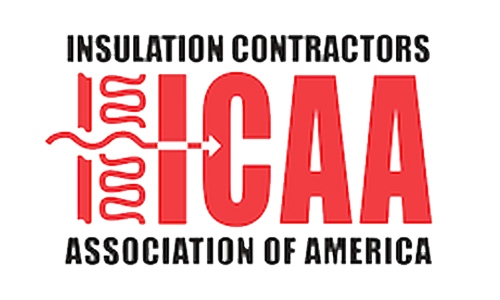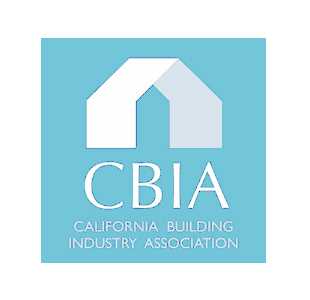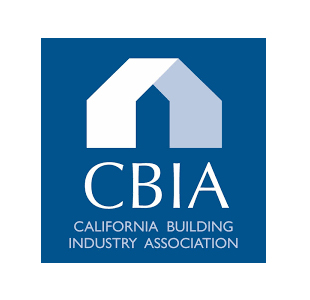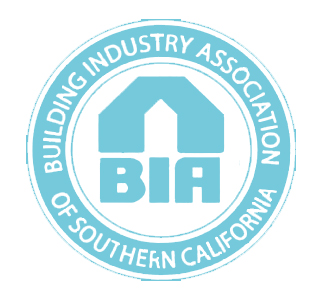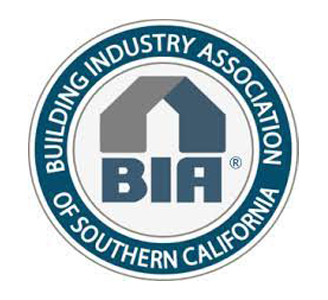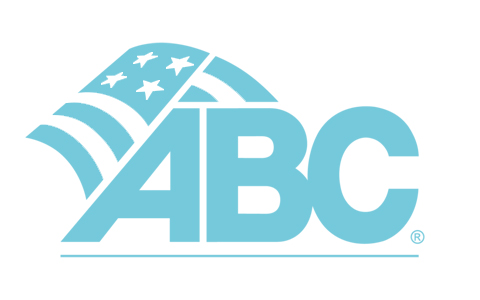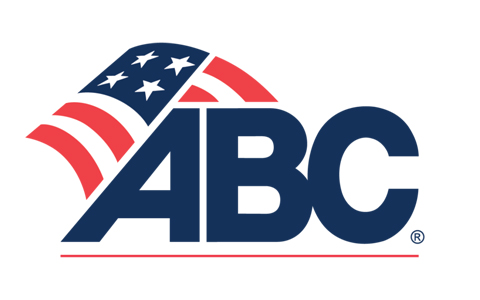As you know if you read Part One last month, the California legislature has gifted us with a new set of Home Improvement Contract (HIC) laws. The new laws are anything but simple and straightforward, leaving many to wonder how we got this new mess. The reasons given by the legislature for rewriting with the HIC laws were: (1) the laws had evolved over the past three decades in an inconsistent manner; (2) consumers often complained that HICs were too complex; and finally (3) contractors found the required disclosures to be redundant and burdensome. The Legislature intended to develop a unified set of standards, along with simple forms to promote better relationships between contractors and consumers. The CSLB joined the legislature in supporting the rewrite by claiming that better written consumer contracts that are easily understood would help prevent consumer complaints and help the CSLB with its enforcement process.
The California Legislature started working on new language for the contracts in April 2003. By September 2004, the Legislature had put together a bill (SB 30) with an operative date of July 2005. On July 18, 2005, emergency legislation (SB 1113) was introduced to make “refinements” to SB30, such as reinstating the $500 threshold before a HIC must comply with the lengthy statutory requirements. A subsequent bill, AB 316 was required to rewrite portions of SB 30 and the operative date for compliance with the new statutes was delayed until January 1, 2006. With nearly three years and several rewrites, you would think that the bill would at least be able to meet the three objectives stated by the Legislature; unfortunately the new HIC laws replaced one set of complicated, confusing and lengthy statues with another set of the same.
The new statutes now differentiate between two types of home improvements, separating them into home improvement contracts and a service and repair contracts. All contractors performing home improvements in excess of $500 must comply with the HIC laws. A home improvement is broadly defined as:
“[R]epairing, remodeling, altering, converting, or modernizing of, or adding to, residential property . . . and other improvements of the structures or land which is adjacent to a dwelling house . . . installation of home improvement goods or the furnishing of home improvement services.” (Bus. & Prof. Code § 7151).
A home improvement contract is defined as:
“[A]n agreement, whether oral or written, . . . between a contractor [or a salesperson] and an owner or between a contractor and a tenant, regardless of the number of residence or dwelling units contained in the building . . ., if the work is to be performed in, to, or upon the residence or dwelling unit of the tenant, for the performance of a home improvement as defined in Section 7151, and includes all labor, services, and materials to be furnished and performed . . . “ (Bus. & Prof. Code §§ 7151.2 & 7159.)
The definition of the newly created Service and Repair Contract (SRC) is:
“Service and repair contract” means an agreement between a contractor or salesperson for a contractor, whether a general contractor or a specialty contractor, who is licensed or subject to be licensed pursuant to this chapter with regard to the transaction, and a homeowner or a tenant, for the performance of a home improvement . . ., that meets the following requirements:
- (1) The contract amount is seven hundred fifty dollars ($ 750) or less.
- (2) The prospective buyer initiated the contact with the contractor and requested the work.
- (3) The contractor does not sell the buyer goods or services beyond those reasonably necessary to take care of the particular problem that caused the buyer to contact the contractor.
- (4) No payment is due until the work is completed.
While the SRC requirements are not quite as burdensome as the HIC requirements (remember an SRC only applies to contracts between $500 and $750); they are still too lengthy and complex for the relatively small projects that are covered by these contracts (Bus. & Prof. Code §7159.10). The general requirements for an SRC are:
- The contract must be written in a legible, readable, and 10-point type.
- An executed copy of the contract must be provided to the owner before work is started.
- The contract must contain:
- a. contractor’s name, business address, and license number;
- b. date contract was signed;
- c. notice concerning commercial general liability insurance (same as HIC);
- d. notice concerning worker’s compensation insurance (same as HIC);
- e. notice of type of contract: “Service and Repair”;
- f. notice to Buyer of types of contract that qualify as Service and Repair;
- g. notice that the buyer is entitled to a completely filled out copy of contract before work starts.
- “Your Rights to Cancel Before Work Begins” Clause in 12-point boldface type, signed & dated by the buyer. The “Your Rights to Cancel Before Work Begins” may be on a separate attachment if the contract contains a checkbox for the owner to indicate that he/she has received the Notice.
- If applicable, the heading “List of Documents to be Incorporated into the Contract,” followed by the list of documents.
- Where the contract is a fixed price amount, the heading: “Contract Price” followed by the amount of the contract in dollars and cents.
- If a finance charge will be added, the heading: “Finance Charge” followed by the amount in dollars and cents. The finance charge is to be set out separately from the contract amount.
- The heading: “Description of the Project and Materials to be Used and Equipment to be Installed” followed by a description of the project and materials to be used and equipment to be installed.
- Where the contract is estimated by a time and materials formula, the heading “Estimated Contract Price” followed by the estimated contract amount in dollars and cents. The contract must disclose the set rate and the estimated cost of materials. The contract must also disclose how time will be computed, for example, in increments of quarter hours, half hours, or hours, and the statement: “The actual contract amount of a time and materials contract may not exceed the estimated contract amount without written authorization from the buyer.”
- The statement: “The law requires that the contractor offer you any parts that were replaced during the service call. If you do not want the parts, initial the checkbox labeled ‘OK for contractor to take replaced parts.”‘
- If a service charge is part of the price, the heading “Amount of Service Charge” followed by the service charge, and the statement “You may be charged only one service charge, including any trip charge or inspection fee.”
The new statutes also increase the penalties for those that fail to comply. Failure to provide the HIC & SRC required contract information subjects a contractor to discipline through the CSLB. Additionally, certain violations are treated as a misdemeanor with fines of $100 to $5,000 and up to one year in county jail. Violations as part of a plan or scheme to defraud an owner after a natural disaster are subject to full restitution, imprisonment and fines of $500 to $25,000.
Contractors performing home improvements should work on developing a new form contract for all projects. The specific language required under the new statutes can be found at the CSLB website (cslb.ca.gov). Of course, the best way to ensure that your contracts are compliant with the current standards is to work with your construction attorney.
_____________________________________
Theresa Tate is a partner with the construction law firm of Crawford & Bangs, LLP and may be contacted with questions about this article at (626) 915-1641, ext. 203, or Ttate@builderslaw.com. This article is intended to provide the reader with general information regarding current legal issues. It is not to be construed as specific legal advice or as a substitute for the need to seek competent legal advice on specific legal matters.



